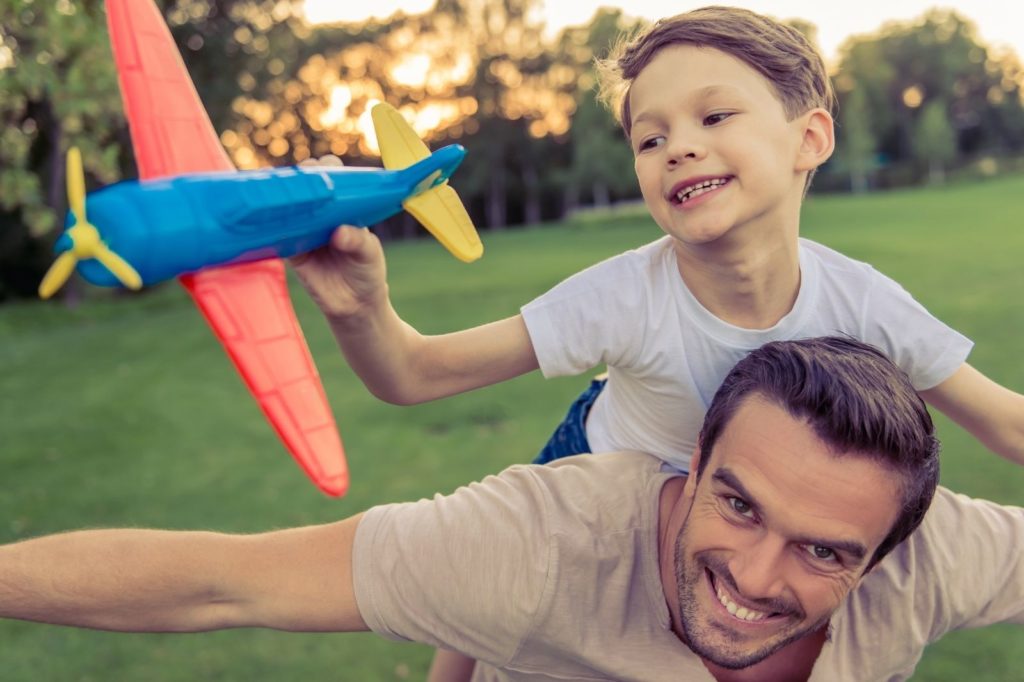When our children get a cold or a fever they can’t shake, we don’t hesitate to head to the doctor or give them medicine to help them feel – and function – better. We know that our kids’ physical health is critical to their well-being. Yet when we see our children experiencing symptoms of mental illness, we might discount those symptoms and think that if the child just “powers through”, everything will be fine. That behavior makes mental health a lesser priority than physical health.
However, a wealth of research indicates mental health directly affects physical health, and that both should be cared for in equal measure.
The Mind-Body Connection
Physical health problems can lead to mental distress because of the toll physical pain can take on relationships at home and school, and because it can limit the enjoyment a child gets from participating in favorite activities. Similarly, mental health disorders can impair physical health (for example, by causing sleep disturbances or impairing immune function). When both mental and physical problems co-occur, doctors often focus on the physical complaint. Yet, if the mental health problem gets addressed, physical health may improve as well.
According to Charles Goodstein, M.D., a professor of psychiatry at New York University’s Langone School of Medicine, “It’s very probable that many patients who go to their physician’s office with physical complaints have underlying depression,” he says. People who visit their doctors reporting symptoms of headache, lethargy, weakness, or vague abdominal symptoms often end up being diagnosed with depression, even though they do not report feelings of depression to their doctors, says Goodstein. Goodstein also shares that “while unhappy or stressed-out thoughts may not directly cause poor physical health, they may be a contributing factor and may explain why one person is suffering physically while someone else is not.”
4 Ways to Focus on Mental Health
As parents, we instinctively make our children’s physical health a priority, and we know that simple ways to improve our children’s physical health include ensuring they eat a healthy, balanced diet; get plenty of sleep; have time to play and enjoy physical activities. However, we may be stumped as to how we can help ensure that we make our children’s mental health as much of a priority. Bustle shares four great ways parents can incorporate prioritizing good mental health in their children’s – and their own – daily living.
- Take a 10-minute walk daily. A bit different than a child’s everyday activities, a 10-minute walk’s greatest benefit is providing a little bit of time not otherwise committed to a specific task so that a child’s mind wander or daydream.
- Promote positive self-talk. We all talk to ourselves throughout our day; whether or not that self-talk is positive can have a significant impact on how we see ourselves. Help your child recognize negative self-talk and replace those words with more positive ones.
- “No” can be a perfectly good answer. For children who want to feel needed and be helpful, it can be hard to say, “No.” Coach your child on situations when it is perfectly ok to say “no”, such as a classmate asking your child to do homework for her or participating in an anxiety-producing activity.
- Keep a gratitude journal. Children as young as pre-school-age can make notes on the things for which they are grateful such as events, people, situations, and activities. Encourage your child to add drawings or photos to help illustrate their gratitude.
A child’s total good health depends on a healthy mind and body. To achieve total health, we must take equal time and place equal emphasis on both. Help your children recognize that fact and demonstrate how to care for their mental and physical health. You both will benefit.
For hope and healing,
Mike Hannan










